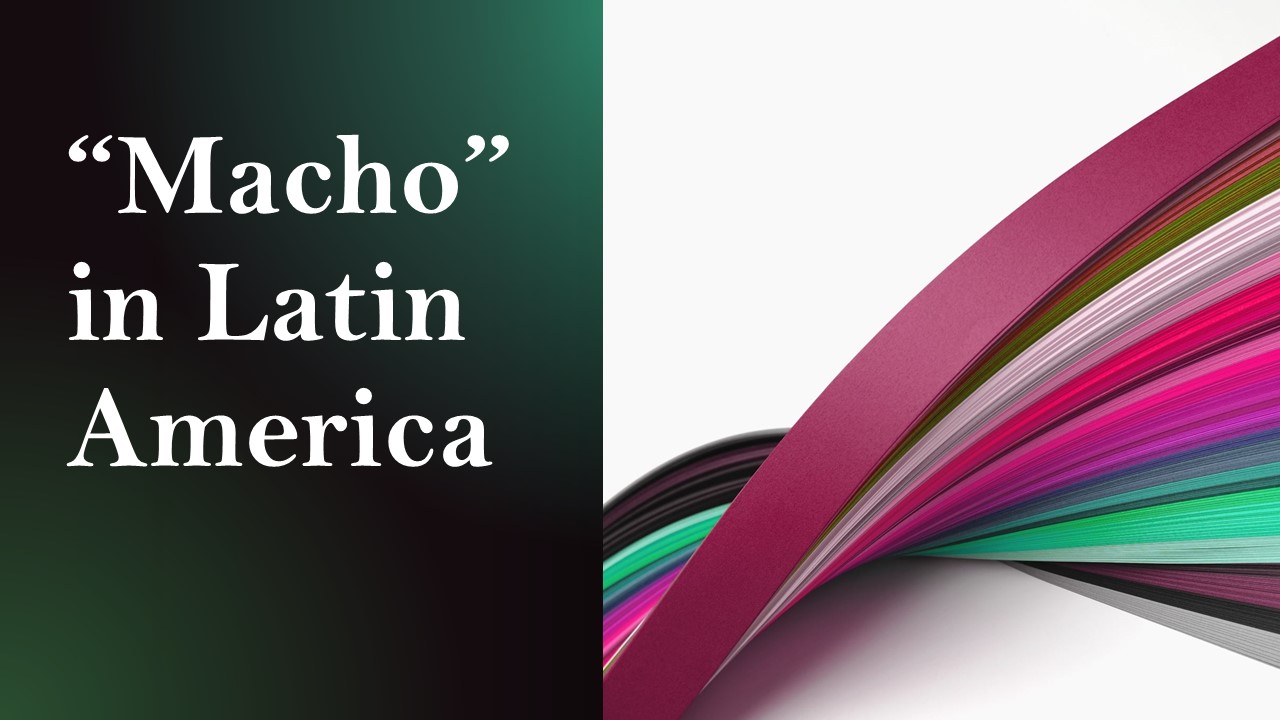The words “machismo” and “macho” originated in colonial times in Central and South America and characterize the key Latin American attributes of manliness. A modern understanding of “machismo” includes the assertion of male dominance in everyday life. This cultural stereotype of Latino machos includes dominating their wives, controlling their children, and demanding respect from others in the household.
The Macho Roles of Men in Patriarchal Societies
The term “macho” and associated cultural ideas were entrenched in the patriarchal societies of the past centuries. They were also related to the inequality of gender roles typical of the patriarchal system. In such cultures, men have strong and subordinate roles, while women have weak and subordinate roles in family relations.
In classic patriarchy, men and women have unequal hierarchical relationships in the family. Men have high status because of the resources they bring, the protection they provide, and other male household maintenance. In exchange, they have stronger power to make decisions on family issues, and they receive daily service for their needs from women (Stern, 1995). The household roles are strictly and rigidly gendered.
Man as “Macho” and his “Machismo” Traits and Behaviors
According to patriarchal values and norms in Latin America, “machismo” is a folk notion that assumes certain characteristics and rules of manliness and manhood. Men must be assertive with their power, dominance, standoffishness, defensiveness, and aggressive qualities in their behavior. For instance, according to the Mexican writer Paz (1961),
“The speech of our people reflects the extent to which we protect ourselves from the outside world: the ideal of manliness is never to ‘crack,’ never to back down. Those who ‘open themselves up’ are cowards.”
(1961, p. 29).
The cultural ideas of “machismo” traits and behaviors can have both positive and negative connotations in people’s minds. A man’s status as a “macho” is typified by such characteristics as bravery, courage, valor, and masculine pride. However, “machismo” is frequently described as hyper-virility and aggressive masculine traits. The corresponding behaviors are expected of Latino men in those societies and gender relationships.
“He is power isolated in its own potency, without relationship or compromise with the outside world.” (Paz, 1961, p. 82).
The Image of “Macho” and Gender Relations
The cultural roles of “macho” determine certain types of a man’s relationships with other men and women.
The manliness and social expectations of “macho” limit a man’s ability to communicate with others, especially with women. The role of “macho” requires them to show their male group solidarity. They also need to demonstrate their power, status, and masculine reputation in front of other men. The failure to demonstrate these macho attributes is detrimental to their reputation and self-esteem.
Machos adhere to traditional gender roles and believe they are superior to women. Their complex of “machismo” can have an impact on their love relationships with women in both positive and negative ways.
The positive implications of machismo allow the proper Latin man to be a good role model. One of the positive sides of the machismo image is caballerismo, which includes such traits as leadership and protectiveness. In addition to these positive attributes, “macho” men can be caring, nurturing, and compassionate. These qualities, however, may not be well noticed by others. It is because, despite their honest intentions and deeds, traditional gender roles expect them to adopt the “macho” cultural image for outsiders.
Latin American novels often portray how the basic features of the classical macho impede true and sincere love and intimate relationships between men and women (García Márquez, 1981/1983; Rulfo, 1955/1994). Separation and miscommunication, typical of this kind of manliness, inhibit the development of men’s genuine and heartfelt relationships with women, thus making a real union and affiliation between man and woman unattainable.
The “Macho” Stereotype of Sexual Potency
In Latin culture, the role of macho means physical strength, strong sexual power, self-confidence, and a bold approach toward women. The stereotypical “macho” images exaggerate men’s sexual vigor and paint a picture of a man as a ruthless conqueror who has a lot of power and is hard to control.
The playboy stereotype of machos portrays men who are okay with sexually aggressive behavior toward women. They allow themselves to be physically, sexually, and mentally abusive toward women. It is culturally acceptable for men to gain pleasure from pursuing women.
It is also appropriate for men to engage in adulterous relationships. According to the Latin social norms of “macho,” married men are free to have extramarital affairs, whereas women are expected to be faithful.
